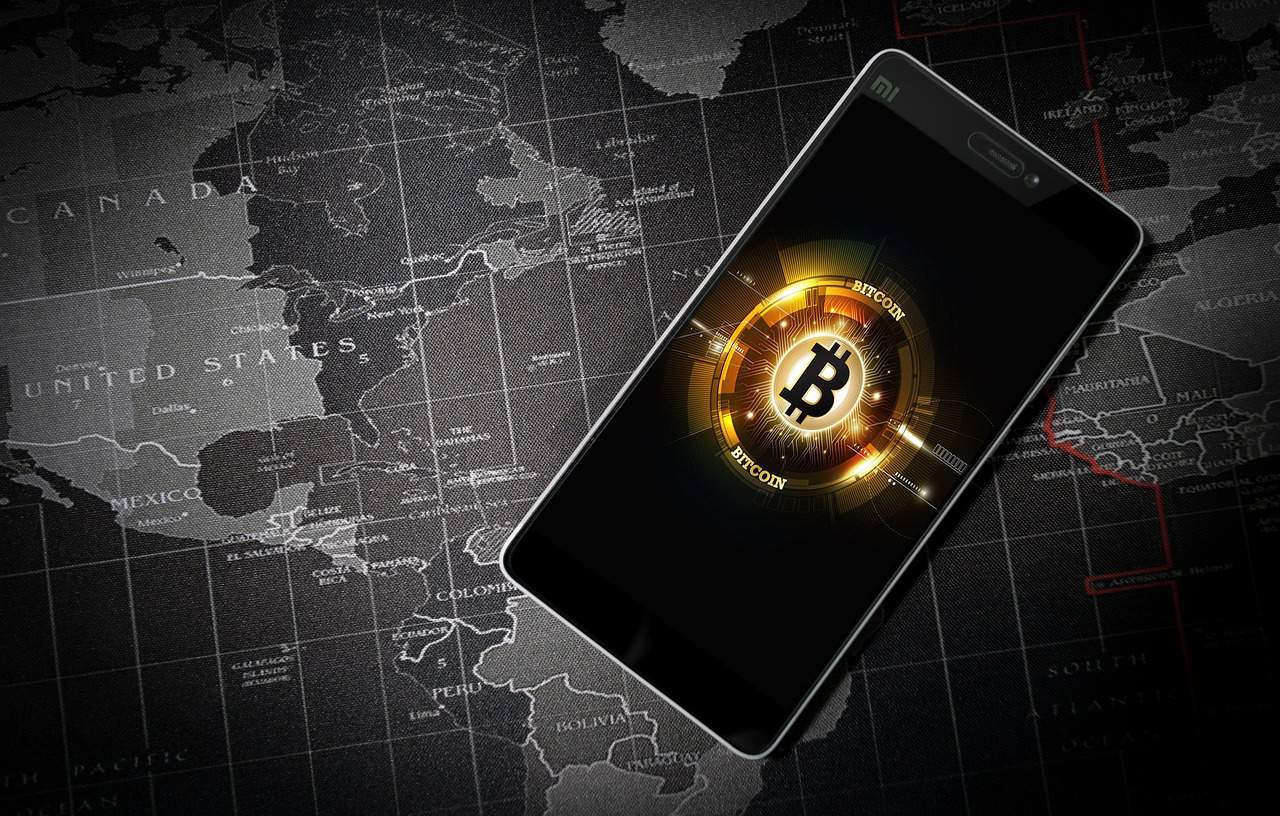The president of El Salvador, Nayib Bukele, will continue to buy bitcoin for the public coffers despite the plunge in the price of the cryptocurrency, which surprises some economists who fear damage to the finances of the Central American country.
The president announced on Thursday that he will buy a bitcoin every day, without specifying for how long he will do so, just when he hosted a meeting that brought together advocates of the cryptocurrency, legal tender in El Salvador. The country lacks its own currency since it adopted the dollar.
“Buying a bitcoin per day does absolutely nothing to benefit Salvadorans, much less the poorest,” independent economist Rafael Lemus explained to AFP.
In September 2021, when El Salvador became the first country to adopt bitcoin as legal tender on par with the dollar, its price hovered around $45,000.
In November 2021 it steepened to $68,000, but is currently trading below $17,000, amid the bankruptcy of the FTX exchange platform, one of the giants in the sector, a week ago.
So far Bukele’s government has bought 2,381 bitcoins, allocating $107 million of public funds to these operations.
With the current price of this cryptocurrency, the president would spend half a million dollars in a month, resources that could well serve “to bring solutions to the poorest,” says Lemus.
Questioning
The adoption of bitcoin has been questioned by the International Monetary Fund (IMF) and the World Bank, precisely because of the volatility of this cryptocurrency.
To stimulate “financial inclusion” in a country where only 30% of the population was banked, the government created the Chivo electronic wallet and granted the equivalent of US$30 to each user to initiate bitcoin transactions.
In addition, Bukele sought those remittances sent to the country by Salvadorans abroad, which represent 27% of GDP, be channeled through Chivo.
However, independent economist Luis Membreño, in an article published in La Prensa Gráfica, highlights that the purpose of saving $350 million in commissions on remittances has not been achieved, because sending money from abroad in cryptocurrency “never exceeded 2%” of the total.
According to data from the Central Reserve Bank, between January and September the country received only 95.6 million, 1.7% of remittances, through “digital wallets”.
Crypto-evangelists
Lemus assures that the “adventure” with bitcoin has served for El Salvador to have “divorced” the IMF, which does not commune with cryptocurrencies. This, according to this economist, generates problems in obtaining financing from the organization.
El Salvador’s financial difficulties became evident on Tuesday, when the Legislative Assembly approved a debt for 436 million dollars to cover obligations for the year that is about to end.
“The country is in a rather disorderly fiscal situation, chaotic and in a situation (in which) it has obtained extraordinary income and it is not enough,” warns the economist.
Bukele “is trying to help, to give a hand to all his friends in the crypto world, to all the crypto-evangelists who are involved in two crises: the crypto-winter crisis and the crypto-confidence crisis”, says Lemus.
El Salvador has lost around 65% of the investment in bitcoin due to the plummeting price.
Bukele has downplayed the downturn and in June said that “patience is the key.”
Hard cash
At this week’s meeting in El Salvador, the Salvadoran ambassador to Washington, Milena Mayorga, an active bitcoin promoter, stressed that her country already has “44 companies on cryptocurrencies installed.”
For now, plans to build Bitcoin City, a city near the Gulf of Fonseca that would run on thermal energy from a volcano and should be financed in part with $1 billion in bitcoin bonds, are on hold.
Ordinary Salvadorans also have doubts about the cryptocurrency.
According to a survey by the Jesuit Central American University, conducted in September and published in October, 75.6% of Salvadorans prefer not to use the virtual currency.
“Bitcoin is too unstable for an economy like ours,” but “I respect if someone likes it,” David Cortez, 45, a book seller on a central San Salvador street, told AFP.
Cortez explains that he has never bought a bitcoin because he has continued “betting on the hard dollar.”






